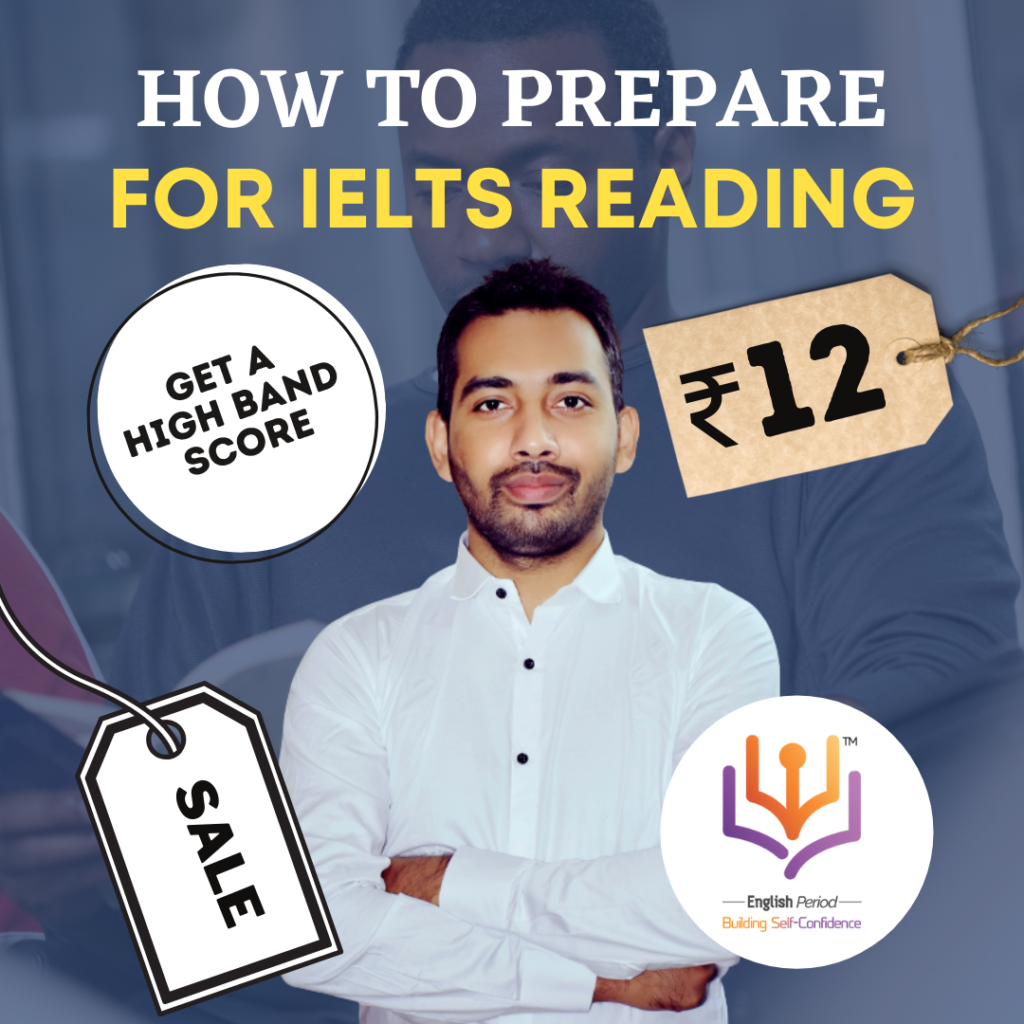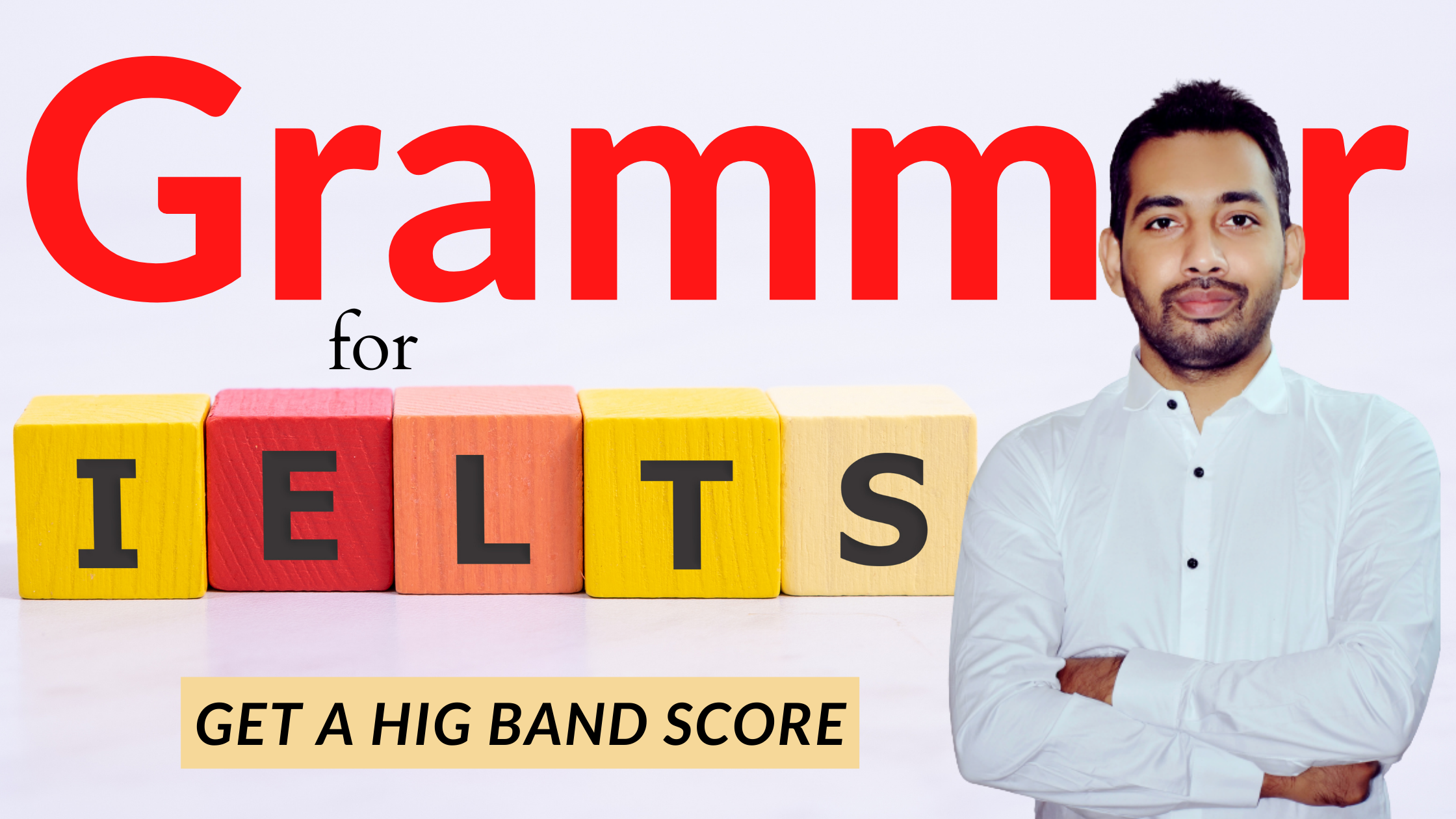Grammar is a guide good book that helps us form a correct pattern in reading, writing, and speaking. For that reason, we need it in daily use English. Besides, If you are an IELTS aspirant, Grammar for IELTS is crucial for you. Here in this lesson, we’re going to talk about “Present Perfect Simple.” Please keep in mind that you are not supposed to get a high band score unless you improve your grammar. So, learn and practice.
Present Perfect Simple
First, see the given below structures and examples:
| have/has + past participle | She‘s started the assignment. |
| have/has not + past participle | I haven’t started the assignment. |
| have/has … past participle | Have you started the assignment? |
Where is “Present Perfect Simple” used?
We use “Present Perfect Simple” to talk about a time period that is not finished (e.g. today, this week):
Examples:
- I‘ve written a rough plan this morning. (it is still morning, not finished)
2. The Ministry of Health has issued some guidelines this week.
“Present Perfect Simple” is used to show that something happened at some point in the past before now. We don’t state when it happened:
I‘ve collected plenty of information. ( at some point before now and I will use it to write my essay)
Note: The following time expressions are often used to talk about Present Perfect Simple:
| Ever |
| Never |
| Before |
| Up to now |
| Still |
| So far |
Examples:
It’s the longest I‘ve ever had to write. (at any point before now)
Remember and note it: If we state when something happened we must use the simple past:
I wasted a lot of time last week. (not I have wasted a lot of time last week)
It’s used to talk about a present situation that started in the past, usually with for/since:
I‘ve worked really hard for the last two weeks.
Since the work started in the past, and the speaker is pointing to the present situation, Present Perfect Simple has been used.
PPS is used to talk about something that happened at an unstated time in the past but is connected to the present:
I‘ve read all the books on the reading list. ( I have the notes now )
Note: The following time expressions are often used:
| Recently |
| Just |
| Already |
| Yet with negatives or questions |
Examples:
I‘ve just got up.
Have you written your assignment yet?


More E-books to Buy | IELTS Reading, IELTS Writing
Follow us on Instagram, Facebook



